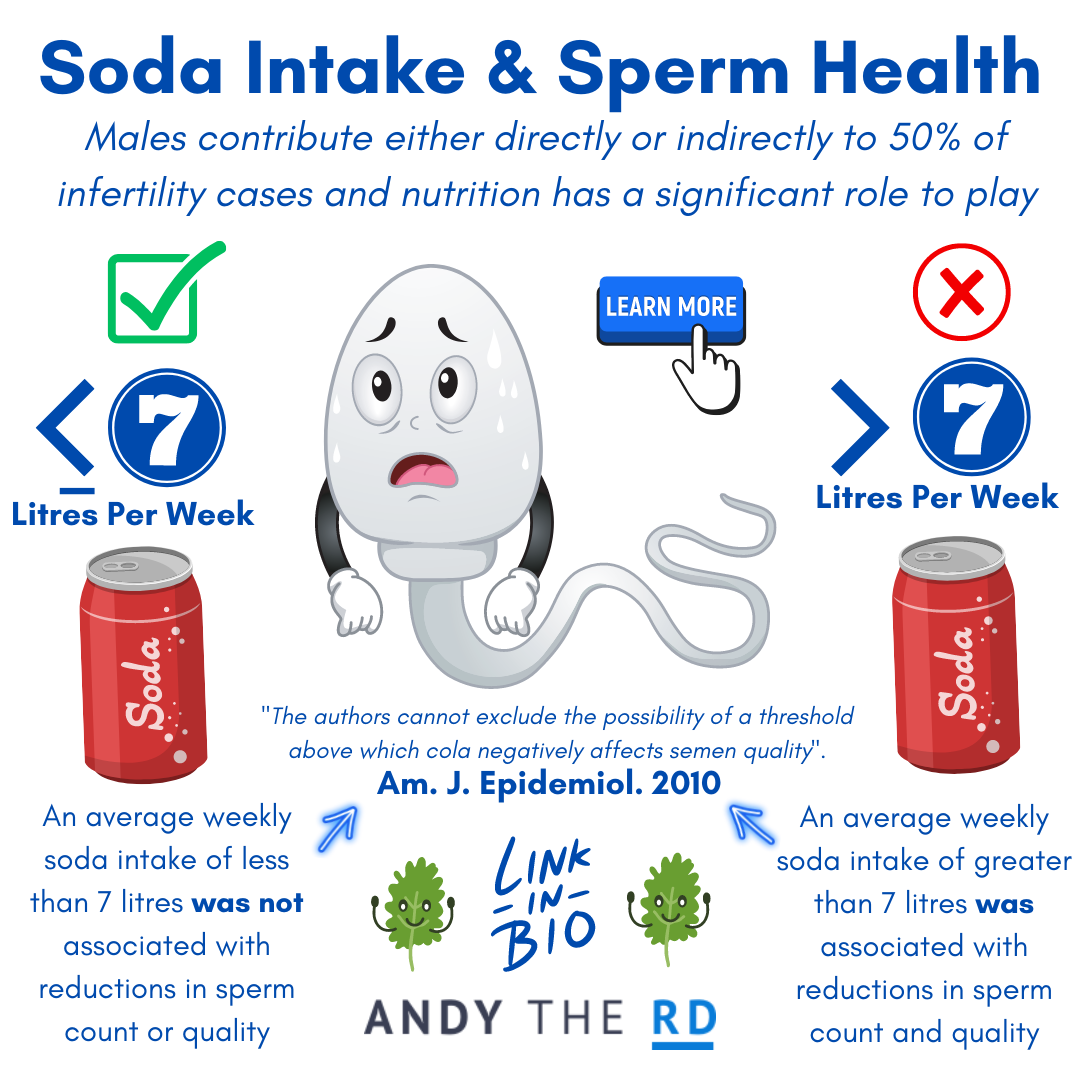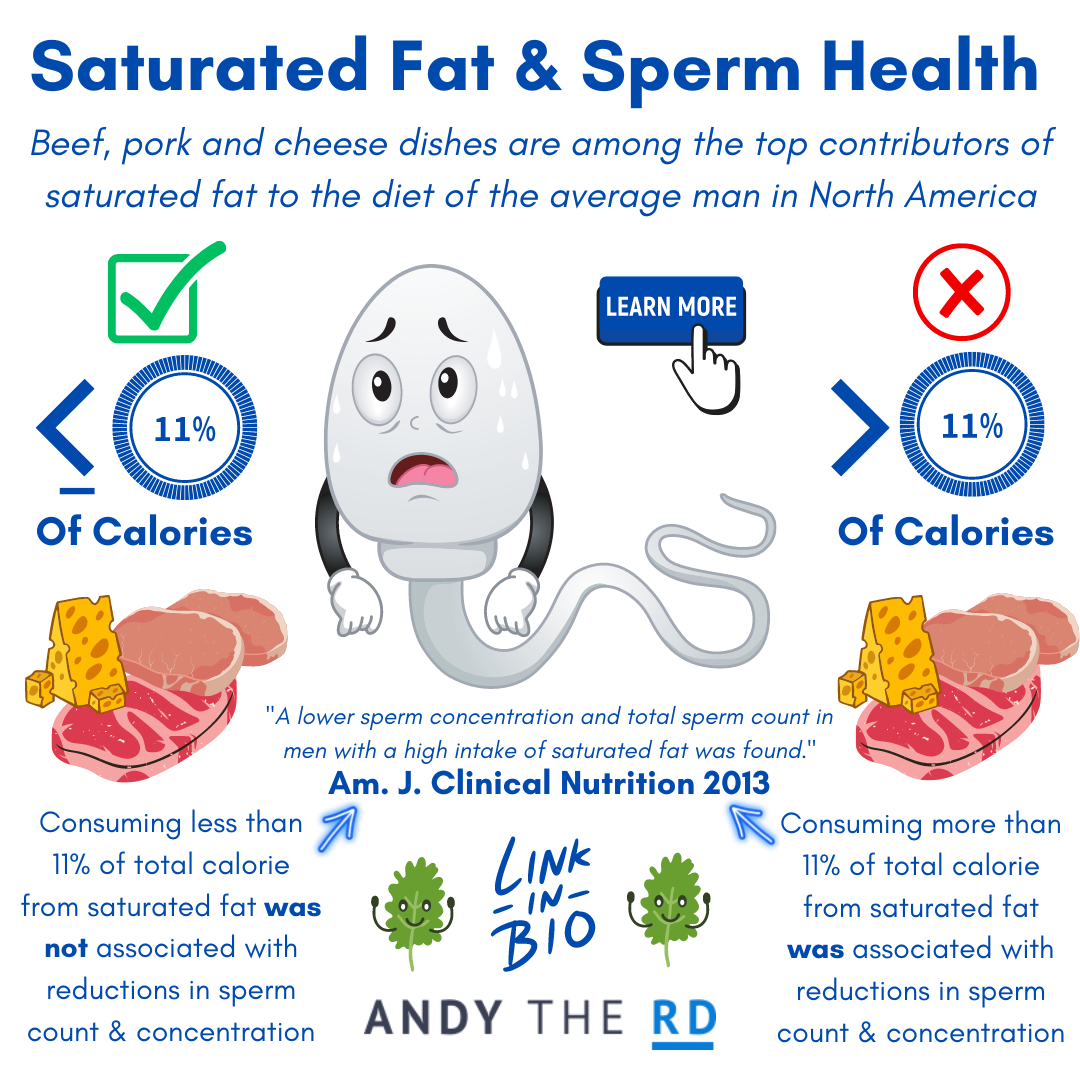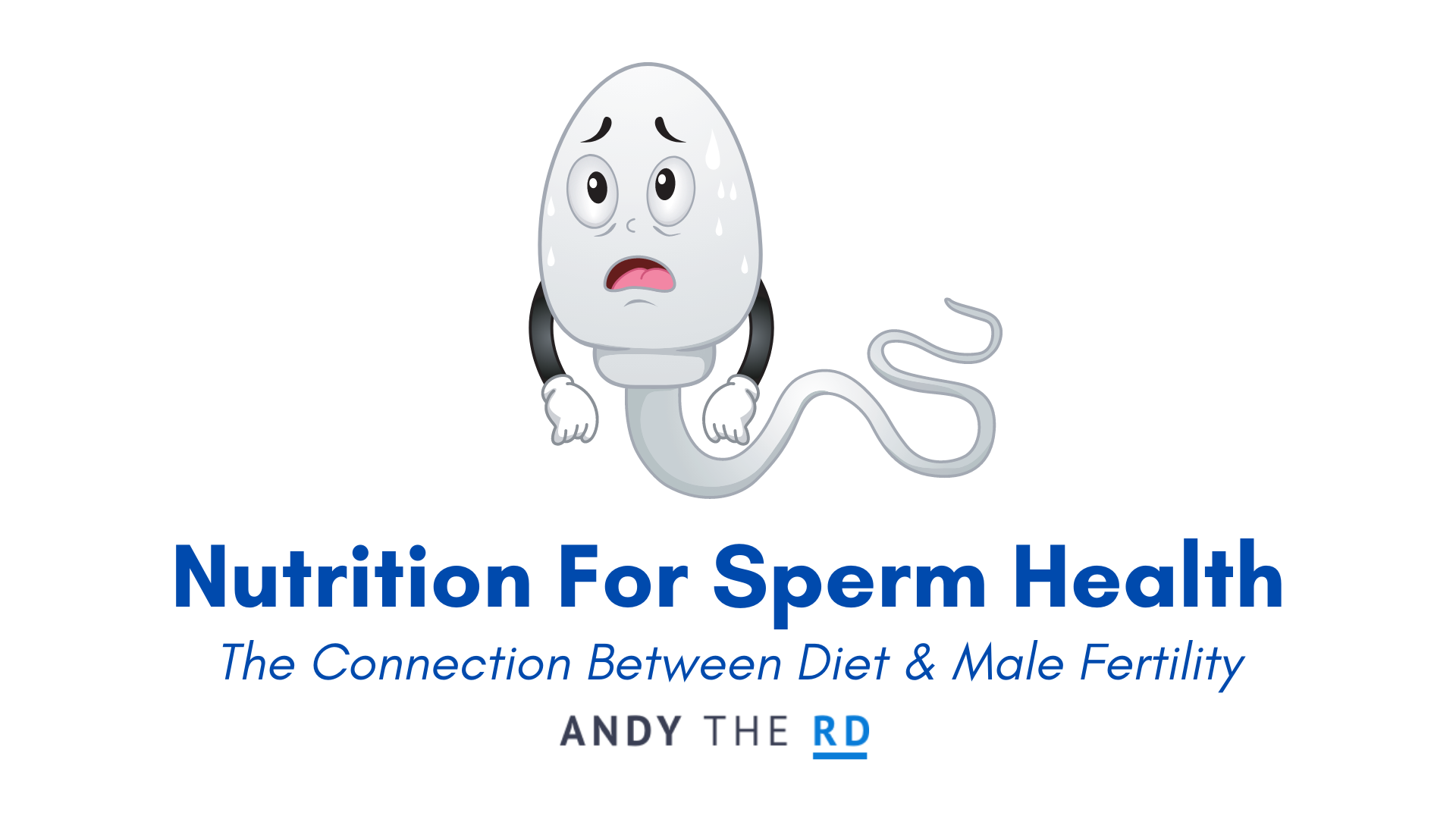Having spent a good deal of time the last two weeks recording content for my new YouTube channel, which I encourage you guys to check out, I knew it was now time to return to my true passion – writing.
Today’s article is one that I’ve been wanting to put together for a while, especially because it appears to me to be a potentially overlooked area the realm of nutrition and sexual health – which is a topic I’ve written on numerous times before.
The data that I’ve encountered suggests infertility affects around 1 in 7 couples with males contributing (to various extents) to 50% of the cases.
While I’m no male fertility expert, it does seem pretty clear based on the scientific literature that male fertility is at least partially contingent on various characteristics of their sperm including quality, quantity, concentration, shape, mobility – among others.
In today’s article I want to simply and concisely present some of the dietary strategies or changes one can make to improve these parameters.
Let’s get right into it!
Nutrition For Optimal Sperm Health
” [A]dherence to generally healthy diet patterns was associated with better semen quality, with potentially more favorable fertility potential among adult men”
The nutrients that are most strongly associated with good sperm health (1,2,3,4,5) include;
Omega-3s – Found in the largest supply in foods such as walnuts, chia, hemp, flax, soy and certain types of fish like salmon, sardines, trout, mackerel etc.
In fact, studies have demonstrated that the inclusion of 42 grams of walnuts daily can improve sperm health parameters with another experimental study demonstrating that 60 grams per day of any nut also led to similar outcomes.
Zinc – Found in the largest supply in red meat & shellfish as well as various types of nuts, seeds and legumes ( especially lentils and pumpkin seeds).
Zinc is under consumed by around 1 in3 adults.
Be mindful as well, however, that too much saturated fat (as found in red meat) has been associated in observational studies with less favourable parameters of sperm health.
Selenium – Found in the largest supply in foods like brazil nuts, sunflower seeds, shrimp, tuna and tofu – among others.
Fun Fact- Shiitake mushrooms are rich in both zinc AND selenium.
Dietary Antioxidants ( B-carotene, Lycopene, Cryptoxanthin, Quercetin): Found across foods such as sweet potato, squash, carrots, onions, broccoli, apples, tomato (and related products), various types of bell peppers and citrus fruit.
Supplements For Sperm Health
The two supplements that appear to garner the most attention for a role in improving male sperm health are CoQ10 and L-Carnitine.
A 2013 meta-analysis suggested that CoQ10 supplementation improves multiple indicators of sperm health, but did not necessarily improve male fertility rates with limited evidence suggesting that a 400mg rather than 200mg daily dose may be optimal for this purpose.
L-Carnitine seems to be supported by data of lesser quality, but there is limited evidence to suggest that 3 grams per day may improve sperm counts in men who may be low.
Ashwagandha, a supplement which I’ve discussed in a previous post, may also offer unique benefits to males related to modest improvements in stress reduction, testosterone levels and various parameters of sperm health and physical performance.
Final Thoughts
There appears little question that the state of one’s dietary intake meaningfully influences various parameters of sperm health, but more work will need to be done to determine the extent to which various dietary changes can lead to meaningful improvements in male fertility.
I hope you enjoyed today’s article and if you are looking for professional help to bolster your diet and improve your fertility outcomes, I’m an email away.
Until next time,
Andy De Santis RD MPH





